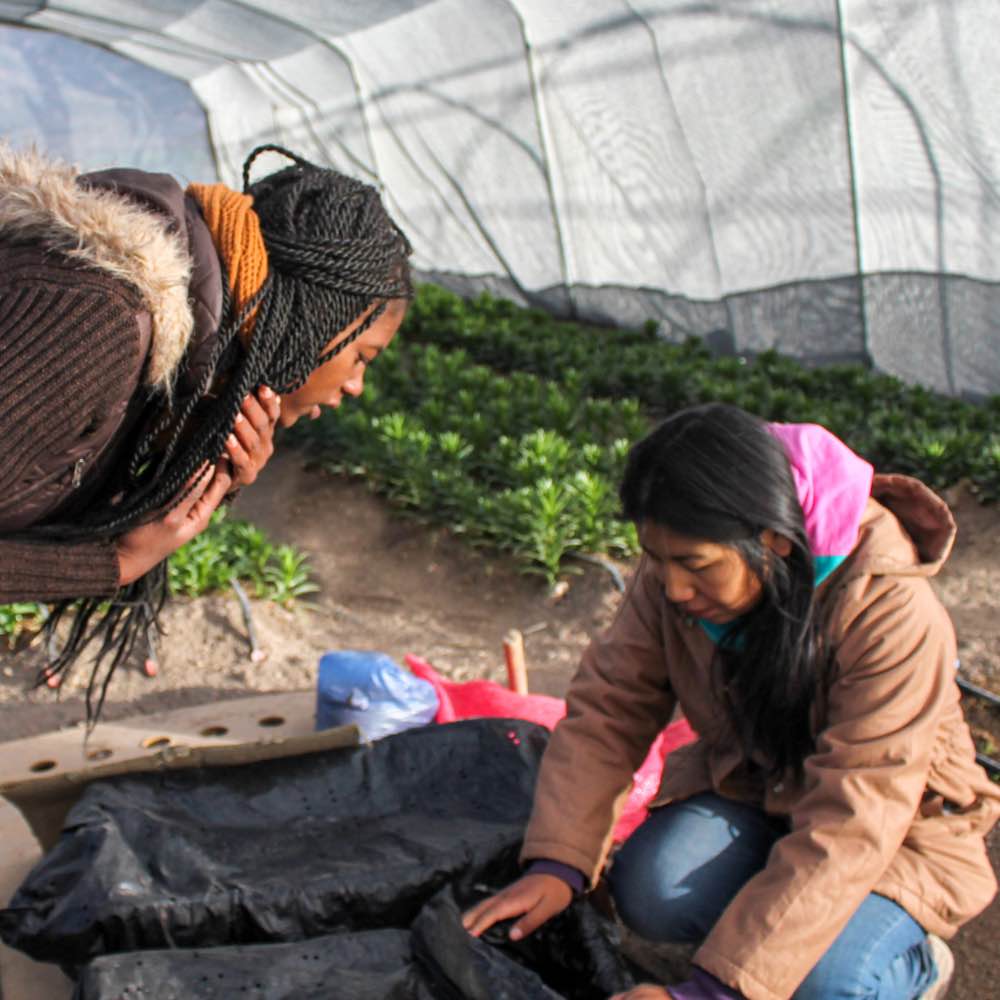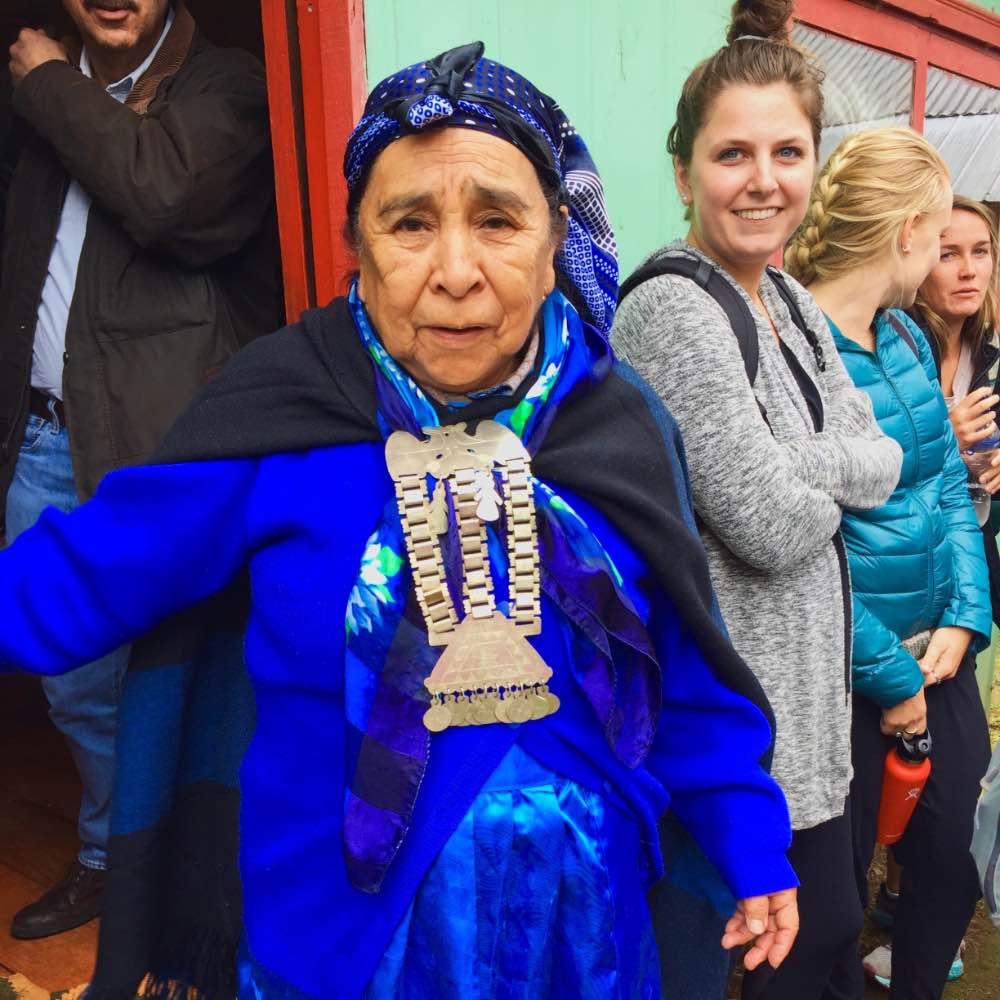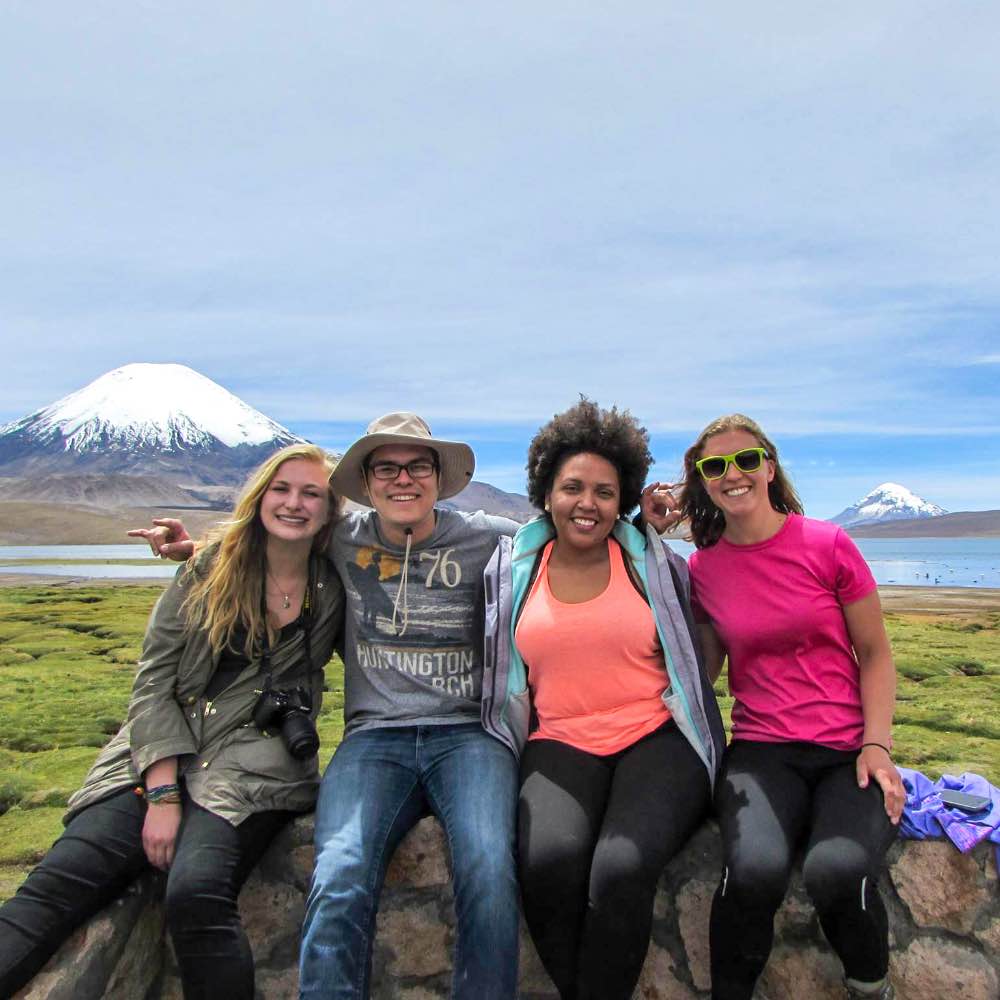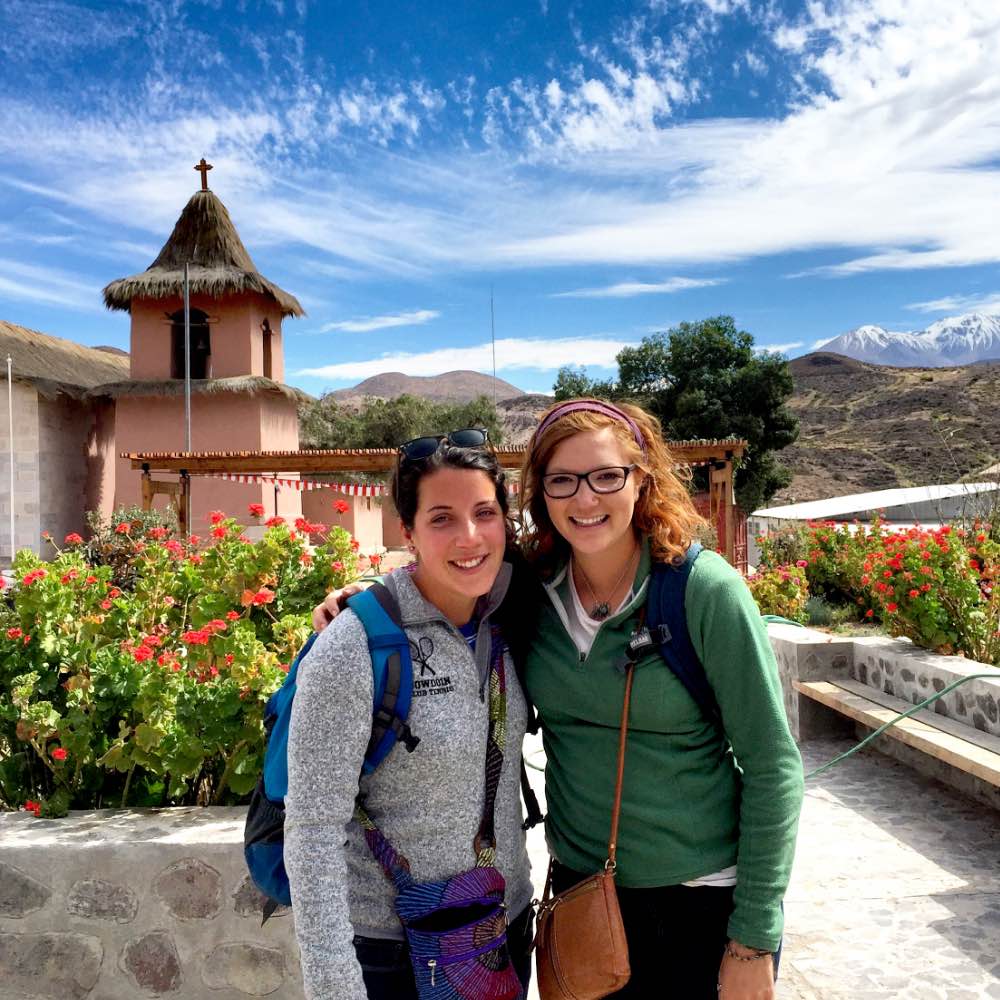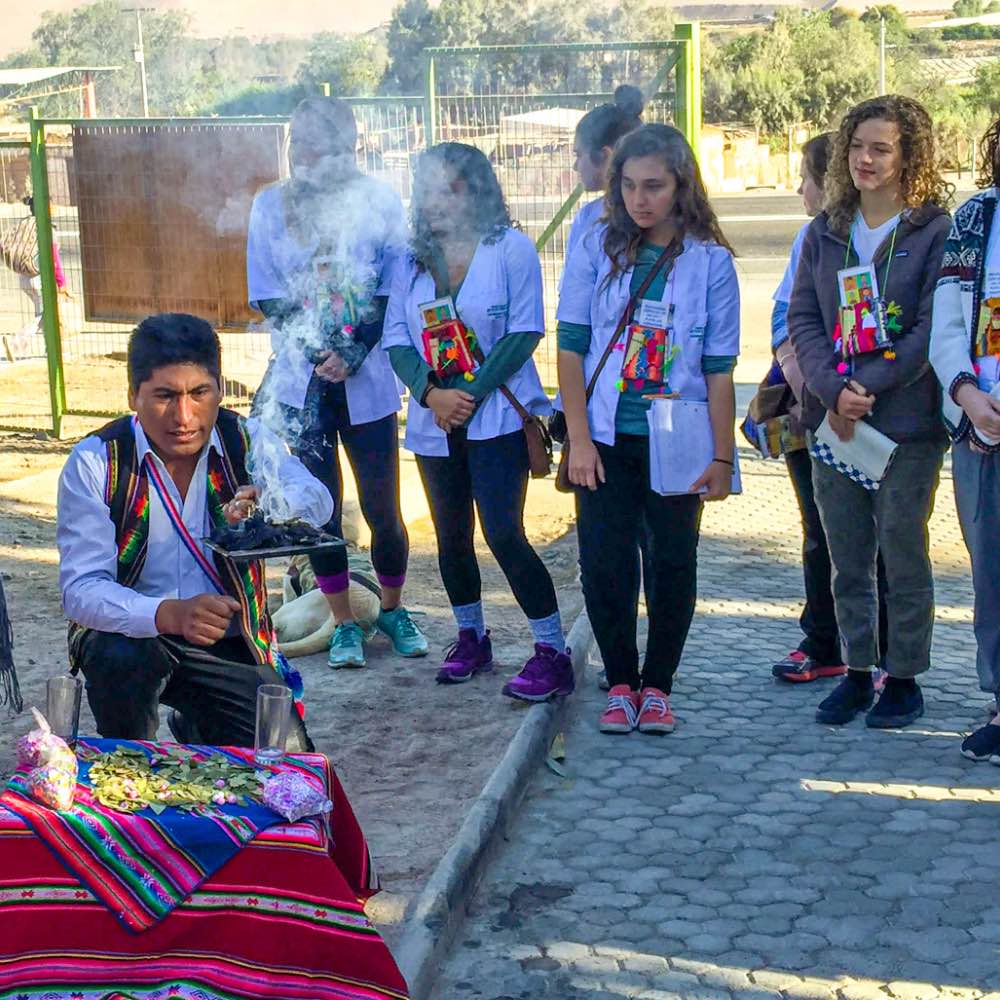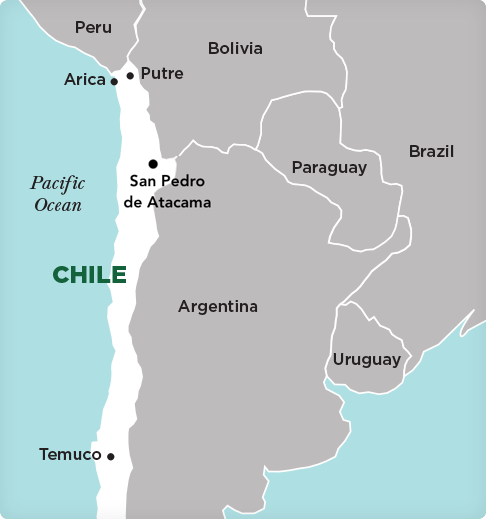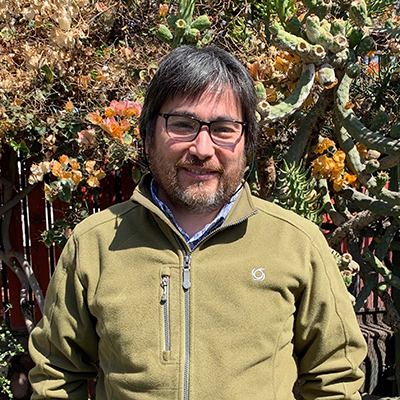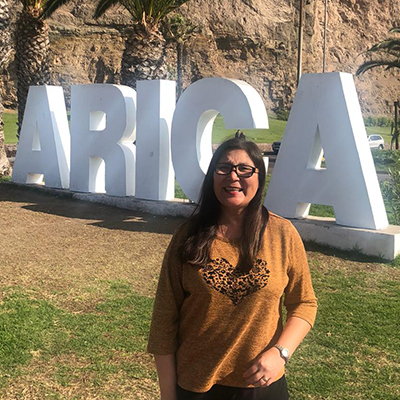Overview
Why study abroad in Chile?
Live in ethnically diverse Arica, Chile, home to many different cultures and healthcare practices as well as unequal access to health services. From this strategic location near the borders of Peru and Bolivia, you’ll learn about transnational issues such as infectious disease management and examine healthcare from international perspectives at health centers and government offices. You’ll also learn how to collect, analyze, integrate, and report social and public health data, and use that knowledge while completing independent research or an internship.
Learn first-hand about the work carried out by the public health teams of the Chilean Health System; the process carried out to combat COVID-19; successful vaccination programs; and challenges and lessons learned. Spend more than three weeks with Mapuche and Aymara communities, where you will learn about intercultural and Indigenous medicine and examine how healthcare policies and politics affect Indigenous people. Throughout the program, you will engage with health officials, policymakers, and traditional medicine practitioners and have homestays with three different families in both urban and rural areas.
You will also learn Spanish language skills related to health sciences through classroom learning, cultural immersion, homestays, and excursions.
Highlights
- Learn about the intercultural health model developed among traditional healers of Chilean indigenous peoples.
- Analyze how the National Health System operates in this extreme territory and in its relationship with urban areas.
- Learn firsthand how indigenous communities manage their health with ancient medications and treatments.
- Learn Spanish with a focus on clinical and public health.
- Complete an internship in public healthcare centers or with traditional healers of indigenous people.
Prerequisites
Three recent semesters of college-level Spanish or equivalent and the ability to follow coursework in Spanish, as assessed by SIT. At least one college-level course in public or global health, medicine, nursing, development studies, anthropology, sociology, psychology, community development, environmental science, social sciences, or other related fields recommended but not required.



